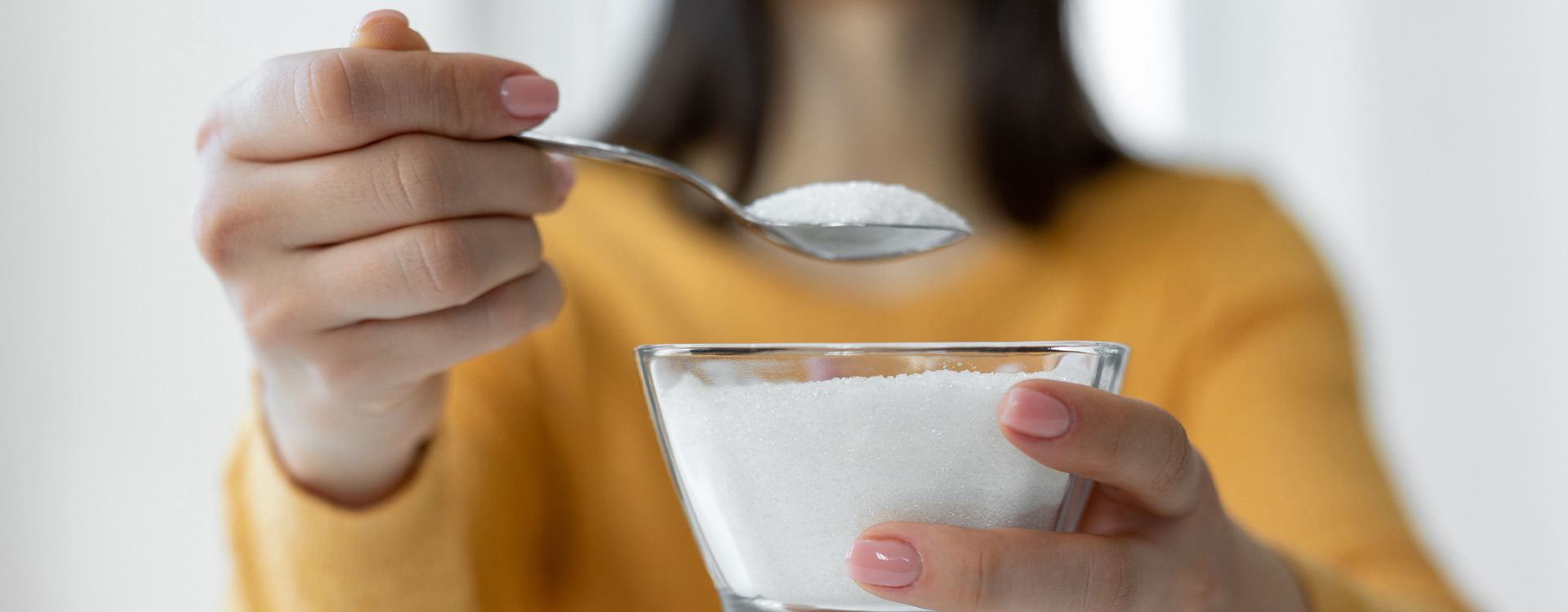When we feel stressed, many of us turn to food for comfort. It may remind us of happy memories, celebrations, or childhood. While food is an enjoyable part of life, eating to soothe stress can backfire with weight gain and decreased energy. Here are some tips to curb emotional eating, reduce stress, enjoy your meals and maintain good health.
Signs of emotional eating
Emotional eating frequently leads to overeating, especially high-sugar or high-fat foods. This is because parts of the brain are rewarded when you eat these foods.
Some people feel shame or guilt after eating emotionally, which can make their stress even worse. Other signs of emotional eating include avoiding social support, not participating in activities that help with stress management, and not recognizing the difference between physical and emotional hunger.
The difference between physical and emotional hunger
Physical hunger usually comes on slowly, you crave a variety of foods, you notice when you’re full and stop eating, and you don’t have negative feelings about eating.
Emotional hunger tends to develop abruptly, you have a craving for very specific foods, you may binge without paying attention to your fullness cues and you may feel shame after eating.
How to reduce emotional eating
Express your feelings. Journal, see a counselor, meditate, or talk to a trusted friend.
Create a distraction. Give yourself some space to see if you’re truly hungry or if you’re looking for comfort. Go for a quick walk, call a friend, or watch a favorite TV show.
Eat a healthy diet. Fuel your body with nourishing whole foods. While eating pizza or ice cream may make you feel better at first, the feeling is usually temporary. Many times, once the sugar or carb “high” has worn off, you feel worse than before. Healthy foods are best for supporting a good mood. Try to eat at regular intervals so you don’t get too hungry, which could contribute to overeating.
Exercise. Exercise is wonderful for so many reasons: Not only is it good for your body, but it can also boost your mood and give you a distraction when cravings hit. Yoga, in particular, has been found to be helpful for managing stress, anxiety and depression.
Meditate. Some studies suggest meditation could be an effective treatment for emotional eating and binge eating disorders. Meditation gives you a chance to pause and assess your feelings. The deep breathing component of many practices can also soothe stress.
Keep a food diary. If you struggle with stress eating, consider keeping a food journal. Write down what you eat, when you eat it and how you feel. You may identify certain triggers that cause you to overeat or eat when you’re not hungry. Once you know your triggers, you develop strategies to handle them.
Avoid triggers. There are many ways we can be triggered to eat emotionally. Any of our five senses can trigger eating such as seeing a billboard advertisement for a hot pizza, the smell of warm bread, or even the crinkling sound of a potato chip bag. We can avoid these triggers by first recognizing them and making a plan to limit them. Take an alternate route home from work or school. Limit screen time. And be prepared to fight triggers with healthier snack options and avoid trigger foods in the pantry altogether.
Seek support. Many of us are experiencing extra stress right now and it can be common to seek food for comfort. If you don’t feel you have a handle on your diet, health or stress level, talk to your primary care provider. He or she may recommend cognitive behavioral therapy, which can help you learn new approaches to managing your feelings.
Visit our website to find a provider near you.





